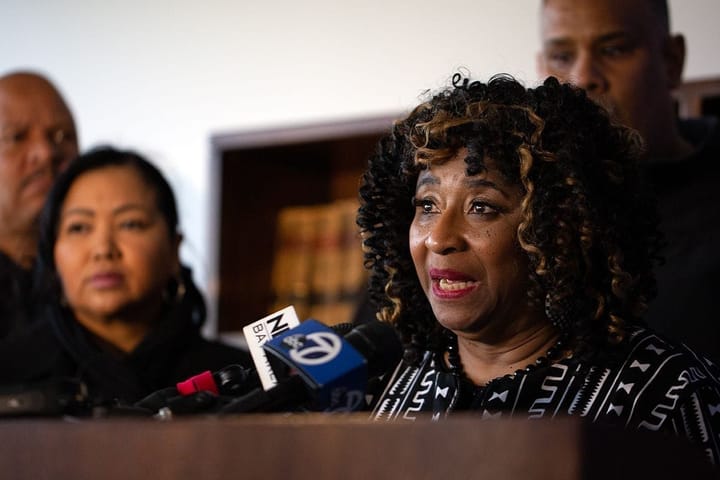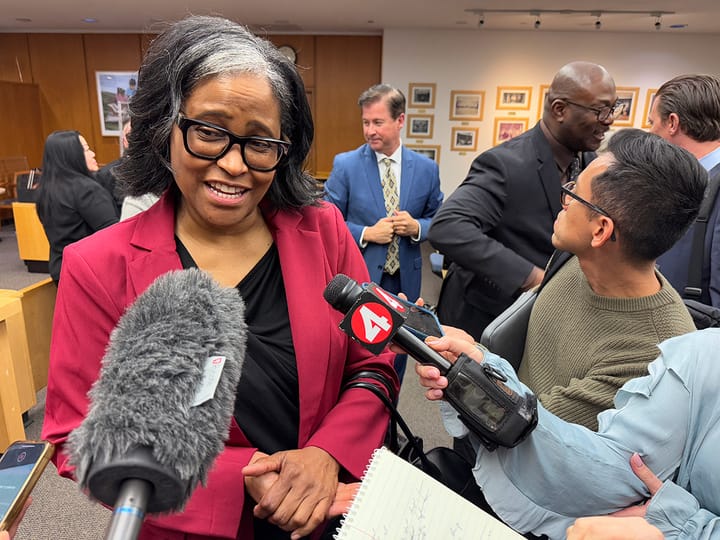Pak Ho verdict: 1 found guilty of murder, 1 not guilty
Teaunte Bailey is facing a potential sentence of 25 years to life on the murder conviction. He will one day be eligible for parole.
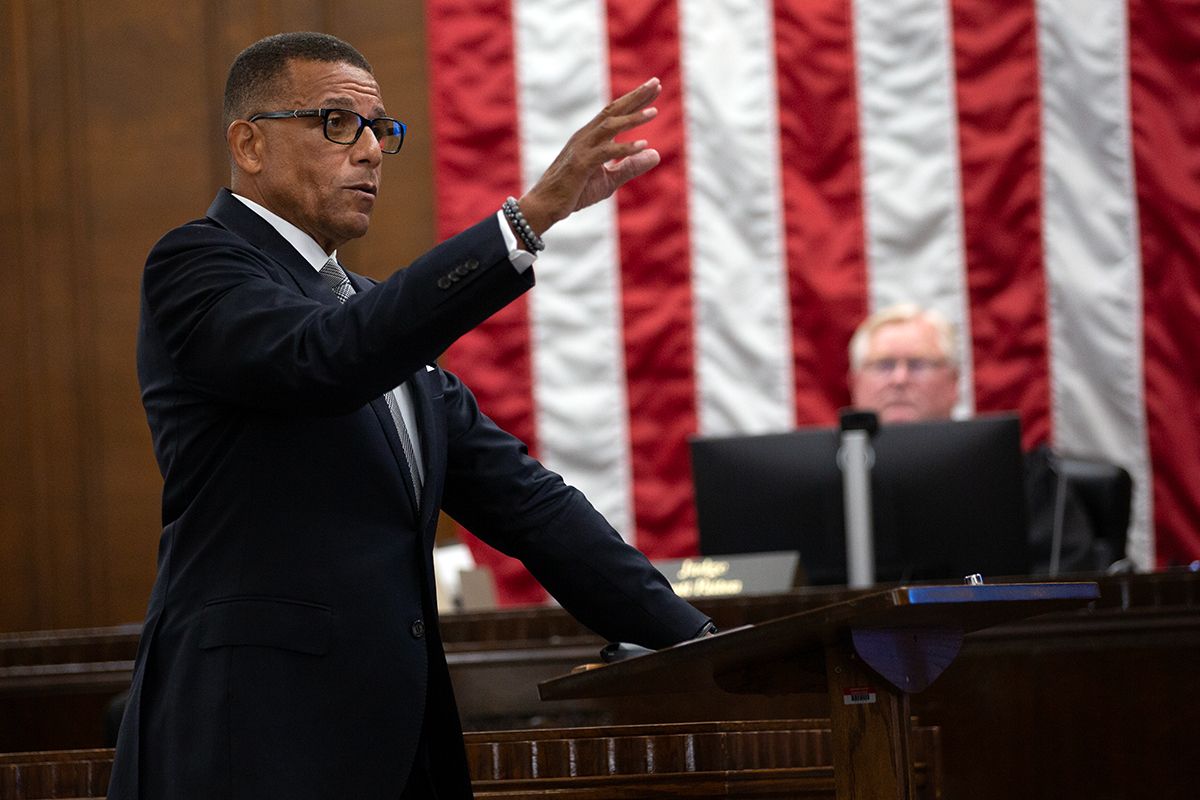
A man who struck a 75-year-old pedestrian in the head during his morning walk, leaving him mortally wounded near his Oakland home in 2021, has been found guilty of murder by an Alameda County jury.
But the alleged getaway driver, who was also charged with the murder of Pak Chung Ho in 2021, was found not guilty of the crime.
The jury was also unable to reach a unanimous decision on the robbery charge against the alleged getaway driver, 59-year-old Demetrius Britton. The prosecution will now need to decide whether to pursue that charge again.
"They just didn’t have a case against Mr. Britton," said his attorney, David Briggs, after the jury reached its verdict late Thursday afternoon. "He feels that he has been vindicated."
Not-guilty verdicts in murder cases are rare. Briggs said the last time it happened to one of his clients was in 1984.
Britton is next slated to appear in court for a hearing Wednesday morning with his co-defendant, 29-year-old Teaunte Bailey.
Bailey is facing a potential sentence of 25 years to life on the murder conviction.
But he was not charged with prior strikes — this conviction would have been his third — and he could one day be eligible for parole after a decision by DA Pamela Price to reduce the charges on the eve of trial.
Prosecution: "This robbery was targeted"
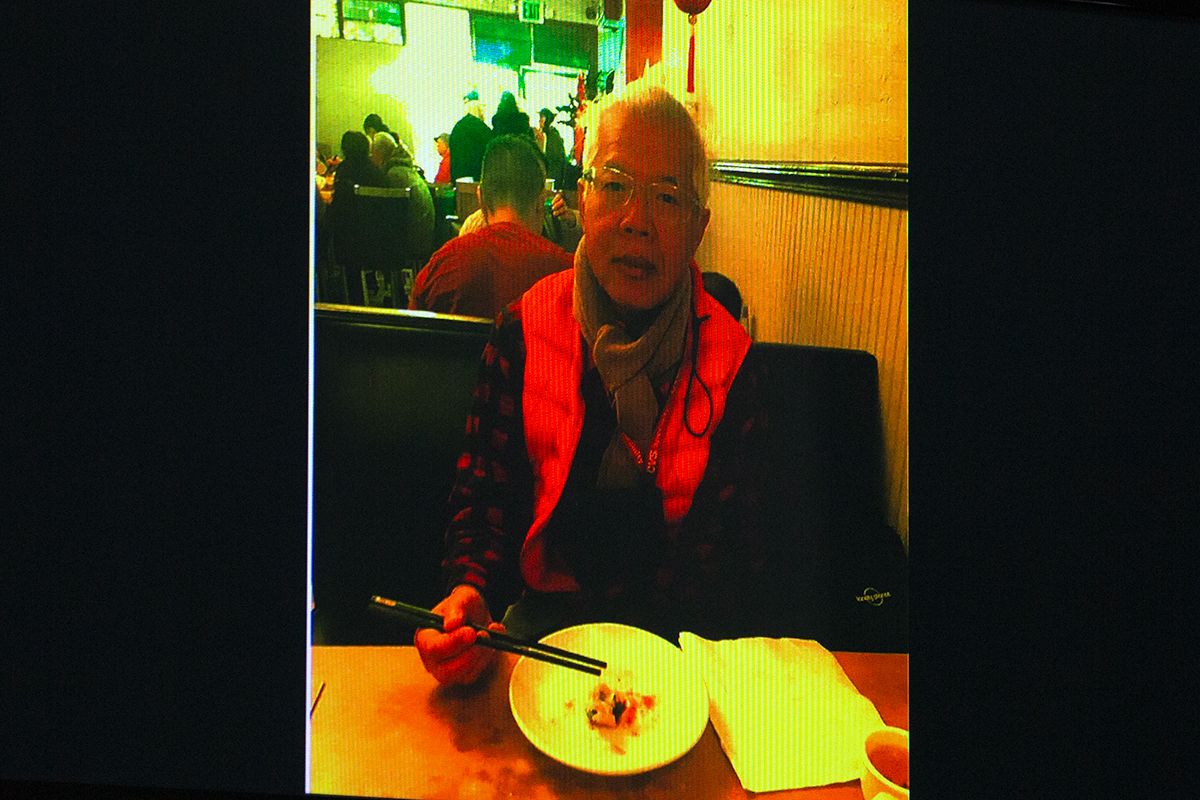
The Pak Ho murder trial began Aug. 7 and ran through much of Wednesday, Aug. 16, when closing arguments concluded.
The jury then deliberated for about a day before coming back late Thursday with its verdict.
During closing arguments, prosecutor Peter McGuiness described the robbery-murder as "heinous" and said, for Bailey, it came down to just three things: whether he had committed a robbery, intended to commit a robbery and, as a result of the robbery, caused Ho's death.
"These three questions have been answered during the course of this trial," McGuiness said.
He argued that Britton, the alleged getaway driver, could have stopped to help Ho and said he had been a willing participant in the crime.
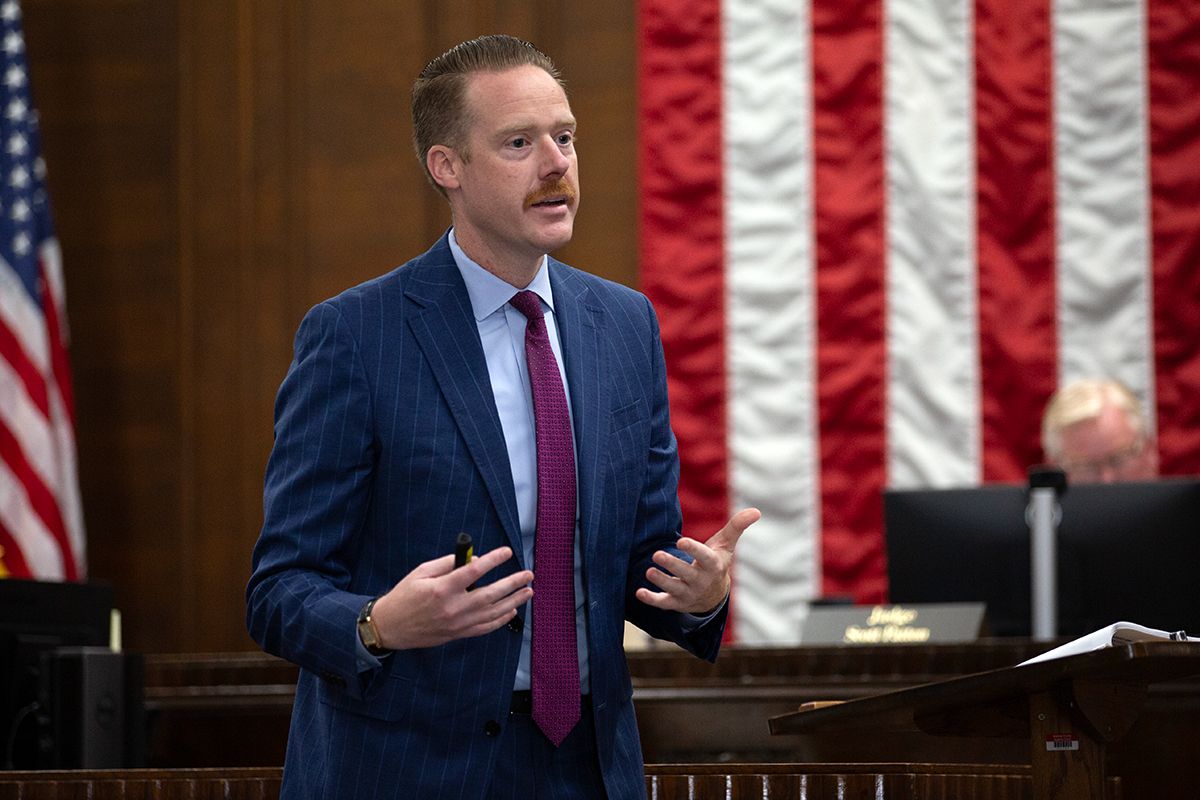
McGuiness pointed to gas station video shortly after the robbery showing Bailey paying for gas with "a wad of cash."
That was in stark contrast to gas station video from 15 minutes before the robbery in which Bailey had been "scrounging for change" to help Britton pay for items, including M&Ms that he ultimately had to put back because he couldn't afford them, McGuiness said.
A GPS ankle monitor Bailey was wearing was a key piece of evidence in the case. In addition to his location, the ankle monitor showed Bailey's speed of travel, which was consistent with being in a car or on a fast bike before the robbery, McGuiness said.
He said that placed Britton in the getaway car with Bailey from the gas station to Jayne Avenue, where Ho was robbed, and then to the Oakland homeless camp where Britton lived.
"There’s no question that this robbery was targeted. They had seen the victim before making a U-turn," McGuiness told the jury. "He was alone and he was an elderly man."
When Britton was arrested in the days after the robbery, Oakland police found him with Ho's credit card in his possession as well as a replica firearm that could have been used in the robbery, the prosecution said.
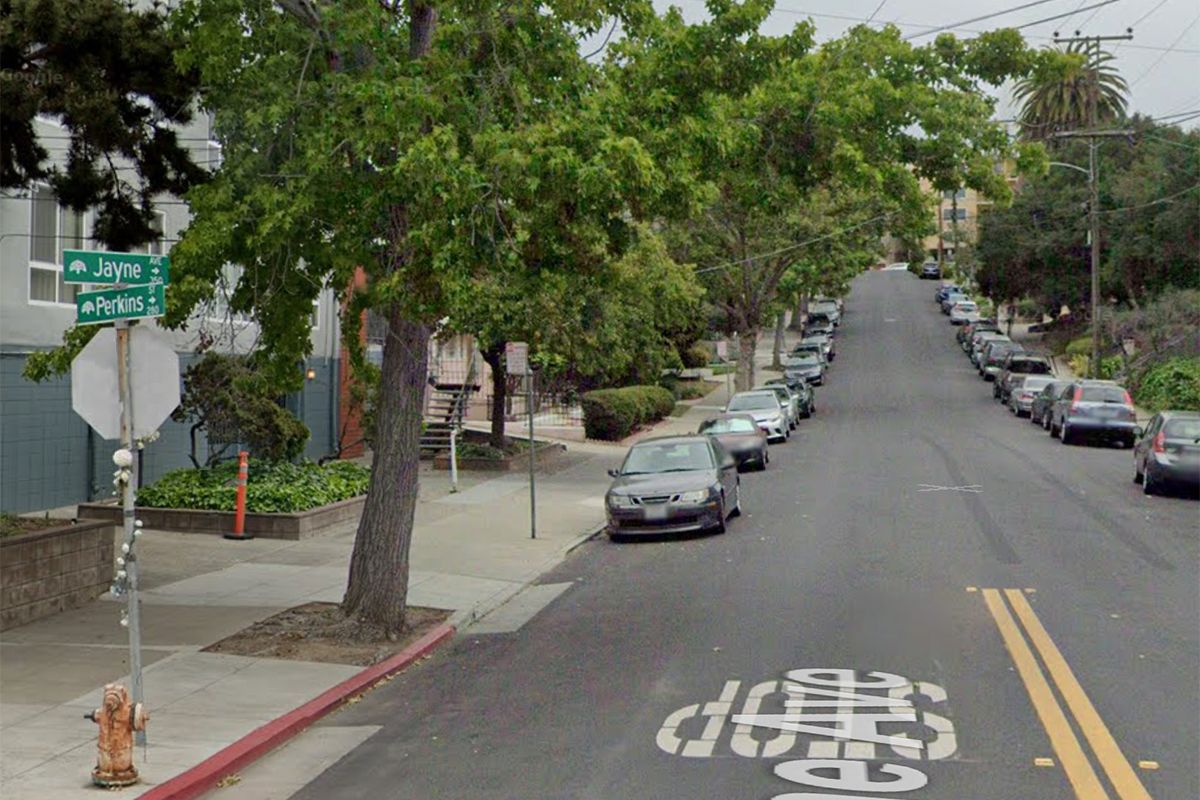
A conscious disregard for life?
In his closing statements, Darryl Stallworth, attorney for defendant Teaunte Bailey, acknowledged that most of the charges against his client appeared to have been proven.
But that wasn't true for the murder charge, he said.
"What this case is about is count 1," he said. "The prosecutor’s gotta prove to you Mr. Bailey had some type of intent to kill."
Stallworth said it was horrible that Ho had died, but said the legal standard for murder had not been met.
"Punching somebody in the cheek is not conscious disregard for human life," he said. "You can paint that type of emotional scenario, but that is not a conscious disregard for life."
Stallworth also said that no one had definitively identified Bailey as the person who struck Ho.
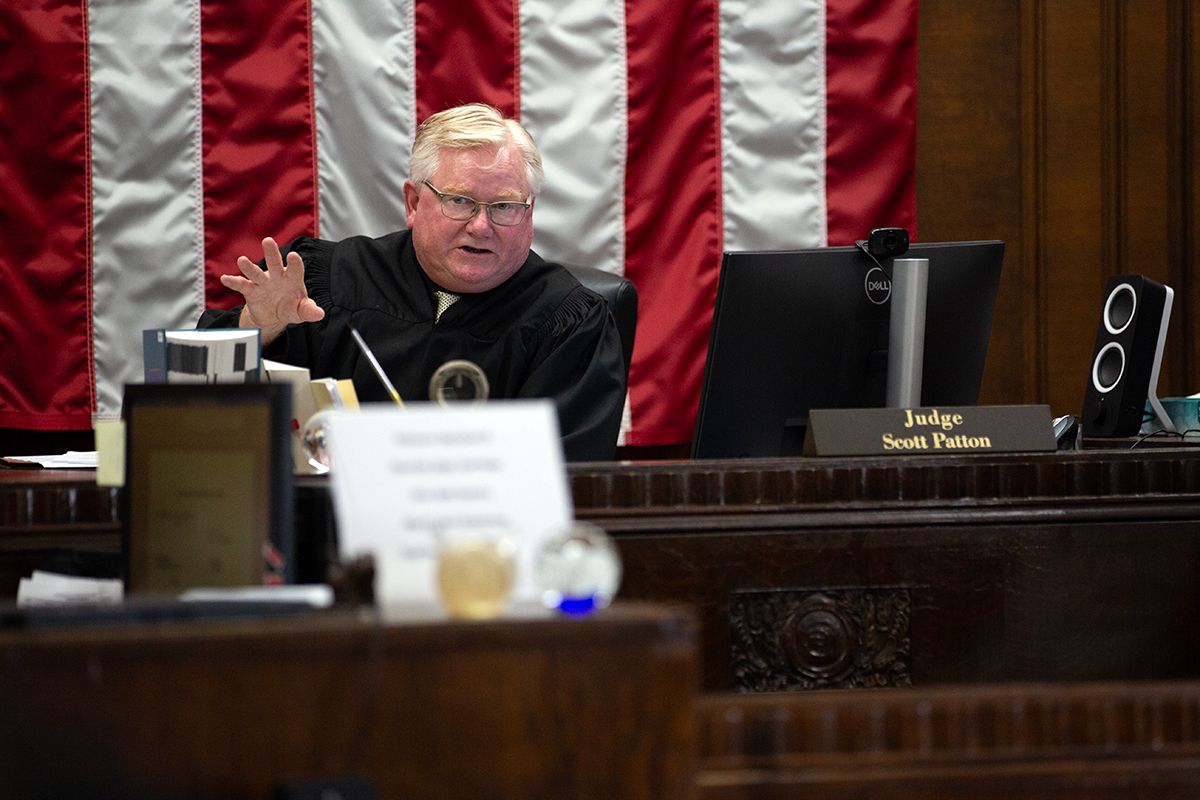
But the main thrust of his argument was that no one could have expected a single punch in the face to lead to death. He also said that the person who punched Ho was only doing so to get away with his bag.
"It isn't aggressive," Stallworth said, referencing footage of the robbery that was caught on a surveillance camera and played repeatedly in court. "That doesn’t excuse the behavior whatsoever. But that’s what you gotta look at."
He also urged jurors to consider any doubts they might have.
"Not guilty means not proven," he said. "That's a really important part to understand."
Stallworth continued: "Mr. Bailey is not a murderer. And I say that with all sincerity. He’s a burglar. He’s a robber. But it’s not a murder."
Defense attorney: "Do what's right"

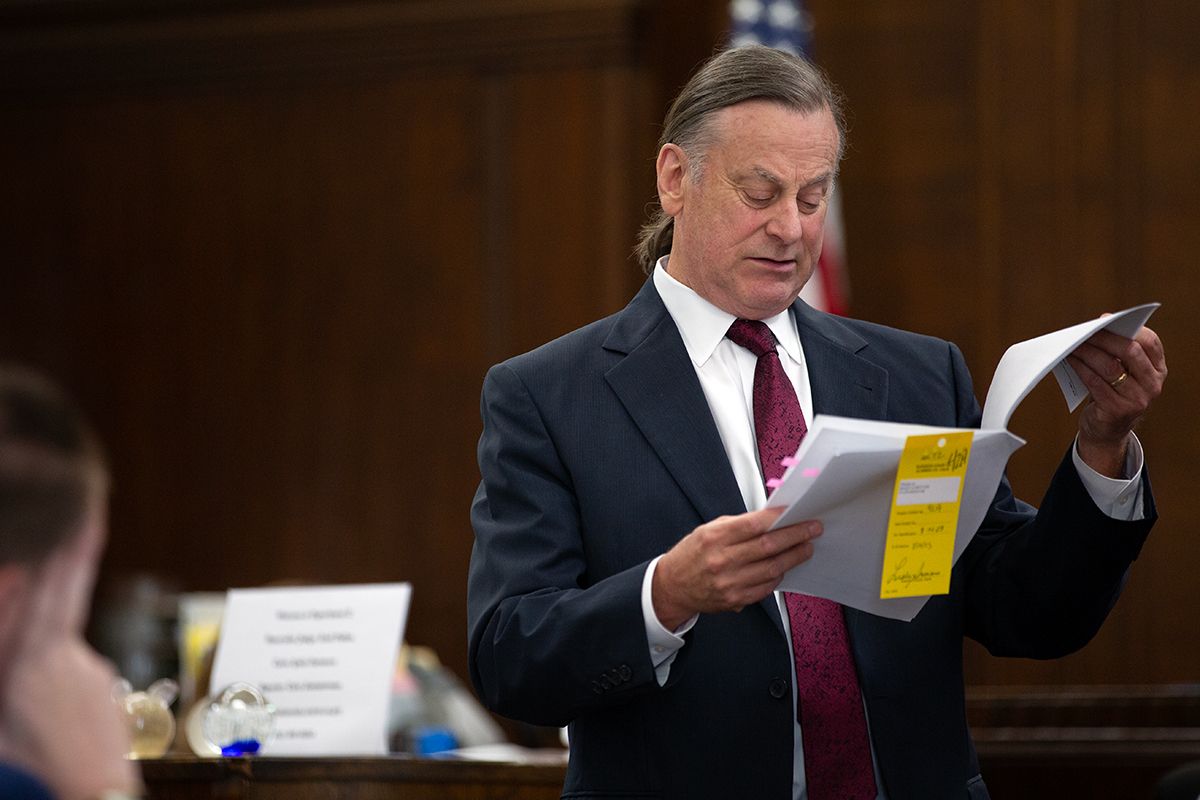
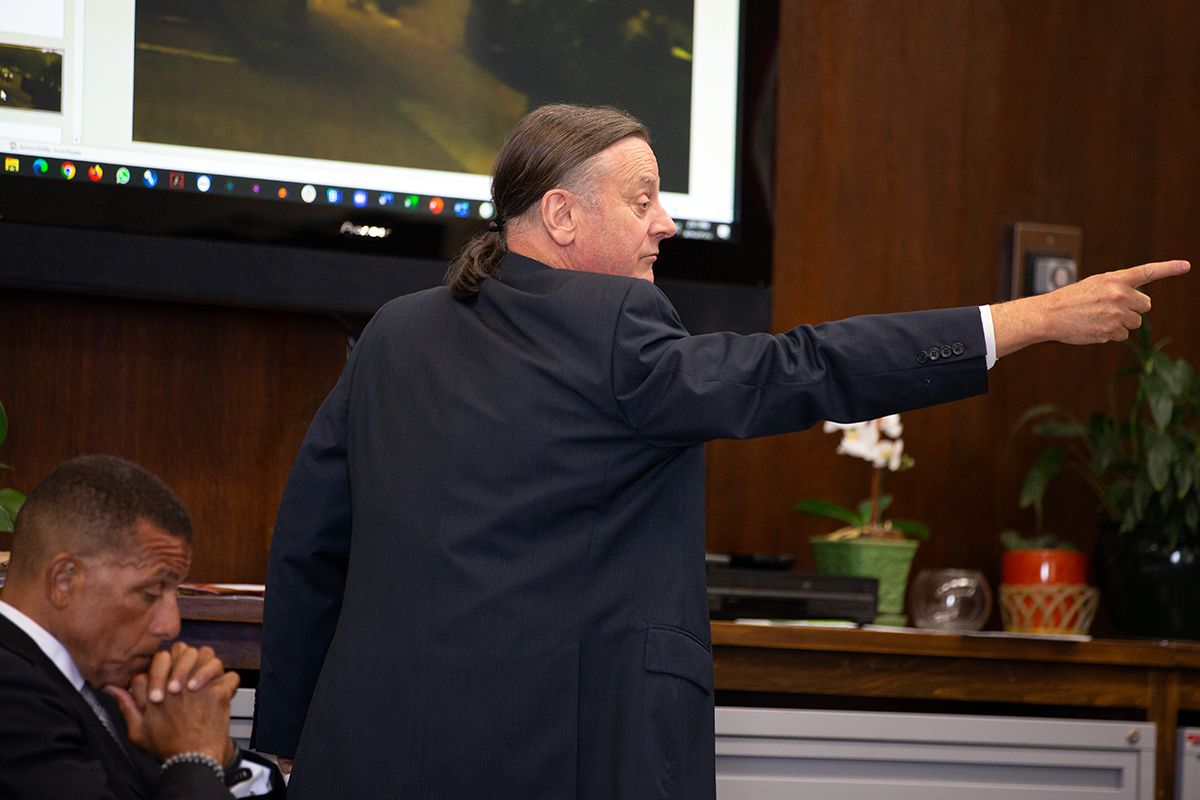
When it was Briggs' turn to make his closing statement to the jury Wednesday, he focused on conflicting statements in witness testimony and the difference between direct and circumstantial evidence.
He said an initial witness statement described both men on Jayne as in their 30s and agile, in contrast to his nearly 60-year-old client.
He said that, while Britton did have a replica gun when he was arrested, the prosecution had not proven the weapon had been used in Ho's robbery.
"There's no evidence that Mr. Ho’s blood or Mr. Ho’s DNA was transferred onto that gun," Briggs said. "If there had been, you would have heard about it."
Briggs also argued that there had been "plenty of time" between the gas station and the robbery on Jayne for Britton to have gotten out of Bailey's truck.
And he said that, even though ankle monitor data had shown the average speed as consistent with moving quickly, that did not mean the vehicle couldn't have stopped at times — to let one person get out and another person get in.
Briggs also said his client had just "one dollar to his name" when he was arrested, "this man who supposedly netted hundreds of dollars, maybe thousands from the robbery of Mr. Ho," he said. "He had nothing."
Briggs also argued that the driver of the getaway car, whom he called "Mr. X," would not necessarily have been aware of Ho's fate during the robbery.
"Leaving the man on the sidewalk to die, it is terrible. But the driver, Mr. X, wouldn’t know that," Briggs said. "How would he know Mr. Bailey was gonna kill a man to take his stuff?"
He asked jurors to "apply your best judgment here and do what's right."
"The prosecution has one strong case and one weak case. There’s a strong case against Mr. Bailey," said Briggs, referencing video surveillance, GPS footage, statements by Bailey and cash he had when he was arrested.
"But there’s a weak case when it comes to Mr. Britton," Briggs told jurors. "The only just verdict is not guilty."



